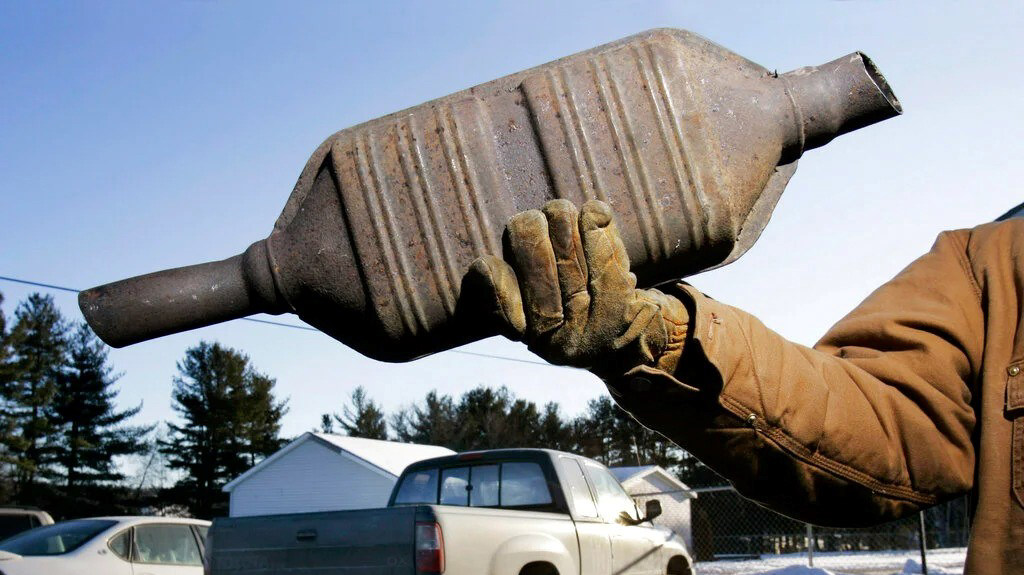In recent years, catalytic converter theft has become a pervasive issue, fueled by the escalating value of precious metals within these automotive components. To combat this problem, authorities and metal recyclers have implemented restrictions on the purchase of catalytic converters. This article explores the multifaceted approach of restrictions, aiming to deter theft, enhance traceability, ensure legal compliance, and prioritize public safety within the metal recycling industry.

Catalytic Converter, Public Safety, and Environmental Impact
Catalytic converters play a crucial role in reducing vehicle emissions, containing valuable metals such as platinum, palladium, and rhodium. However, the surge in metal prices has led to a corresponding increase in catalytic converter thefts, prompting a response from both law enforcement agencies and the metal recycling industry.
Not only does Catalytic converter theft lead to financial losses for vehicle owners, but also poses environmental risks. These components contain trace amounts of harmful materials, and their illegal disposal can have negative consequences for the environment. Restrictions on catalytic converter sales contribute to public safety by promoting responsible handling and recycling practices.
Deterrence, Traceability, and Legal Compliance
Another primary motivation behind restrictions on catalytic converter sales is to deter theft effectively. By limiting avenues for thieves to sell stolen converters, authorities aim to reduce the financial incentive behind these thefts. This deterrence factor contributes to the overall safety of communities and helps mitigate disruptions for vehicle owners who might otherwise fall victim to these thefts.
To add a layer of traceability to the sale of catalytic converters, many jurisdictions now require individuals selling these components to provide proof of ownership or demonstrate affiliation with the automotive repair or recycling industry. This measure enhances the ability of law enforcement to track stolen converters and identify potential thieves, aiding in the recovery of stolen property and the apprehension of those involved in illicit activities.
Legal compliance is a key consideration for metal recyclers who are subject to various local laws and regulations. By adhering to these regulations, recyclers maintain the integrity of their businesses and contribute to the broader goal of preventing the involvement of legitimate enterprises in the illegal trade of stolen goods.

The ongoing battle against catalytic converter theft and restrictions on their sale to metal recyclers have emerged as a critical and multifaceted tool. By addressing the financial incentives behind these thefts, enhancing traceability, ensuring legal compliance, and prioritizing public safety, these restrictions contribute to the overall integrity of the metal recycling industry. As communities continue to grapple with the challenges posed by catalytic converter theft, these measures represent a proactive and comprehensive response aimed at safeguarding both individuals and the environment.
While we may not be able to assist with the removal of catalytic converters, our recycling services cover a wide spectrum of materials, including metals such as copper, brass, aluminum, and steel, as well as other automotive parts. If you require pricing information for materials or car parts, we encourage you to reach out to us at. TM Scrap Metals is fully committed to providing assistance and ensuring a seamless process for all your recycling needs.
